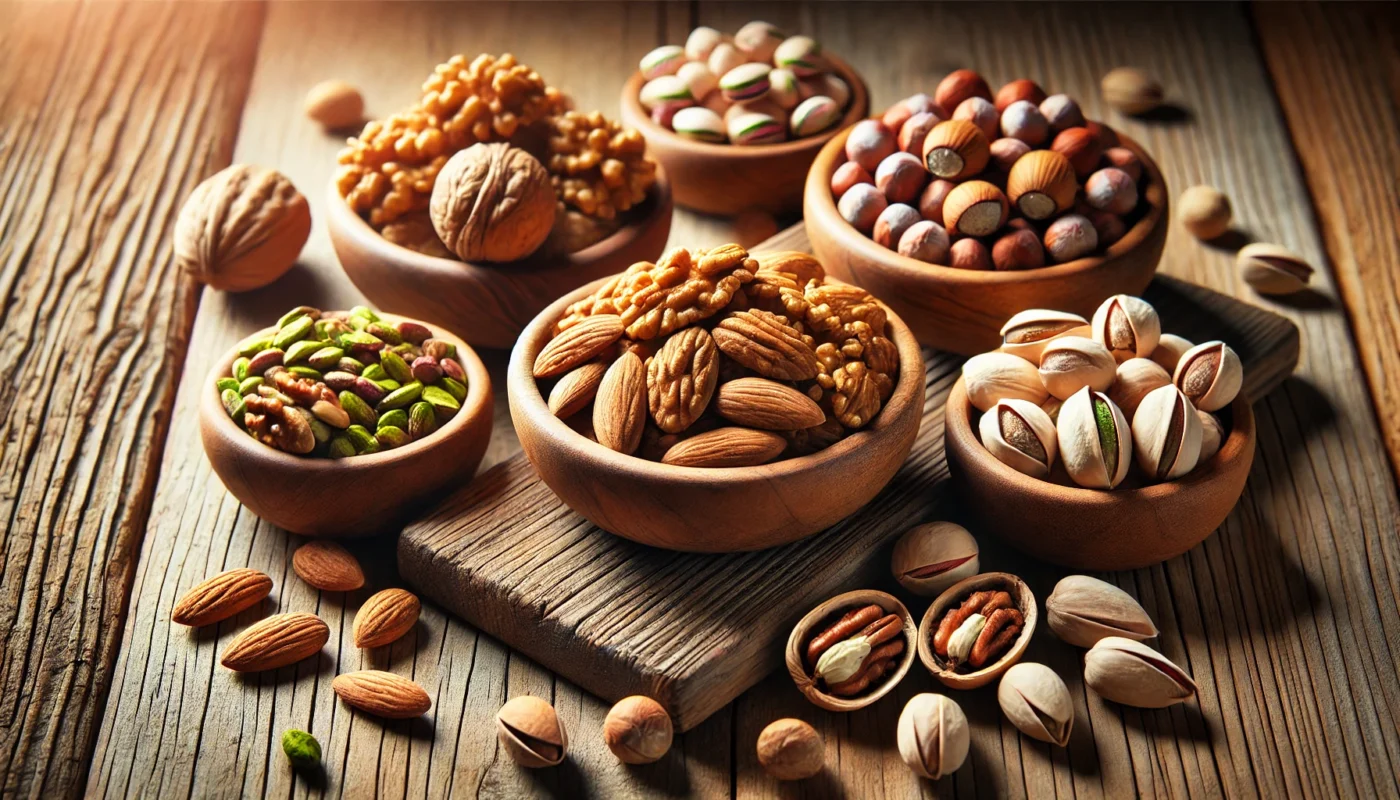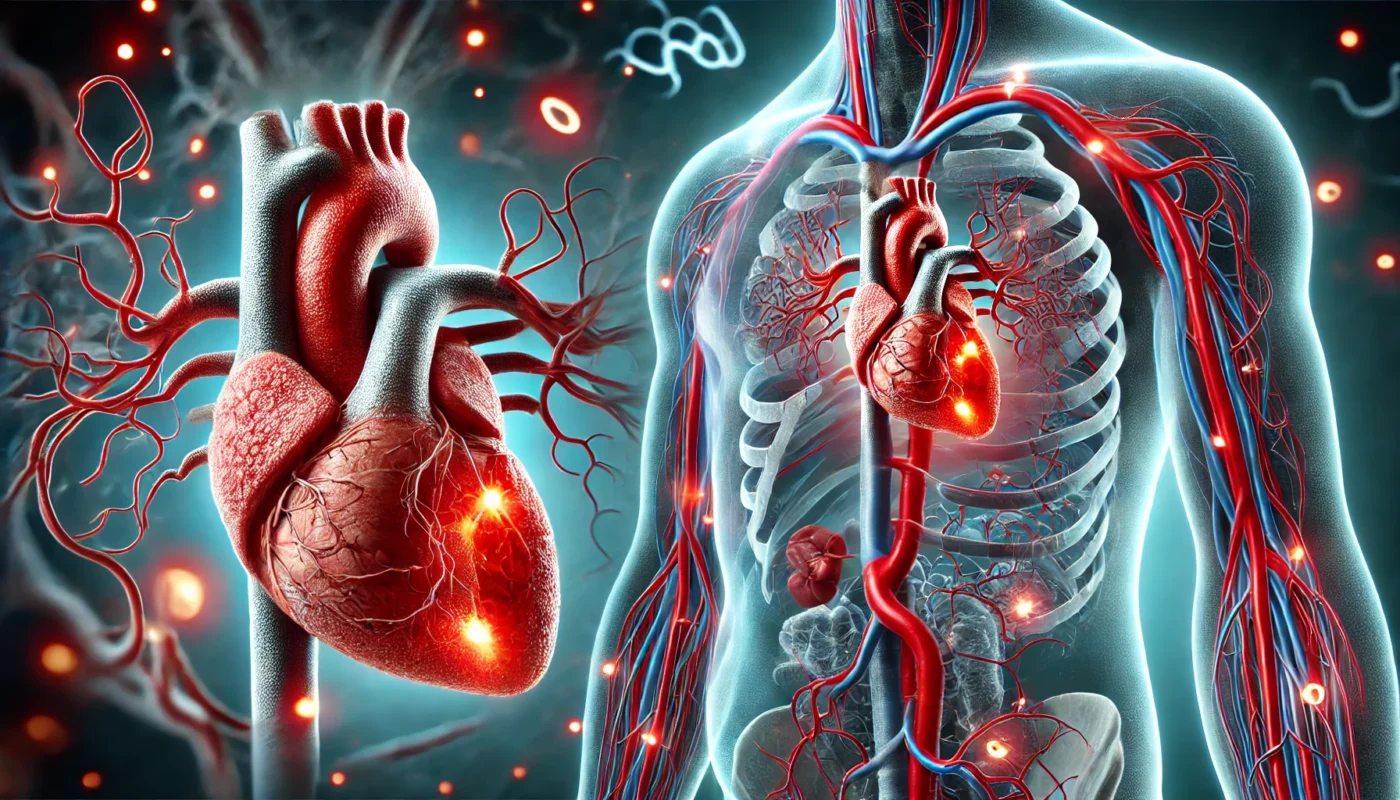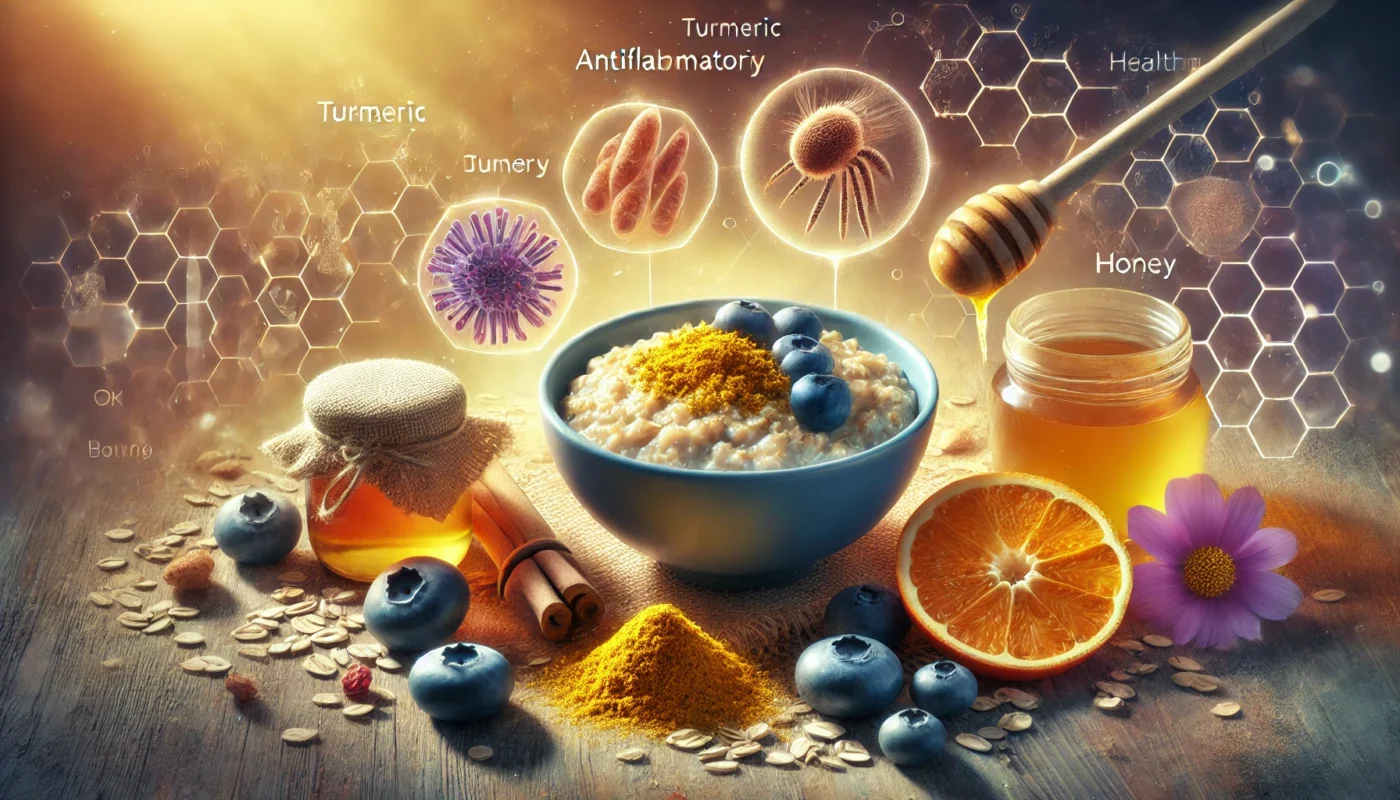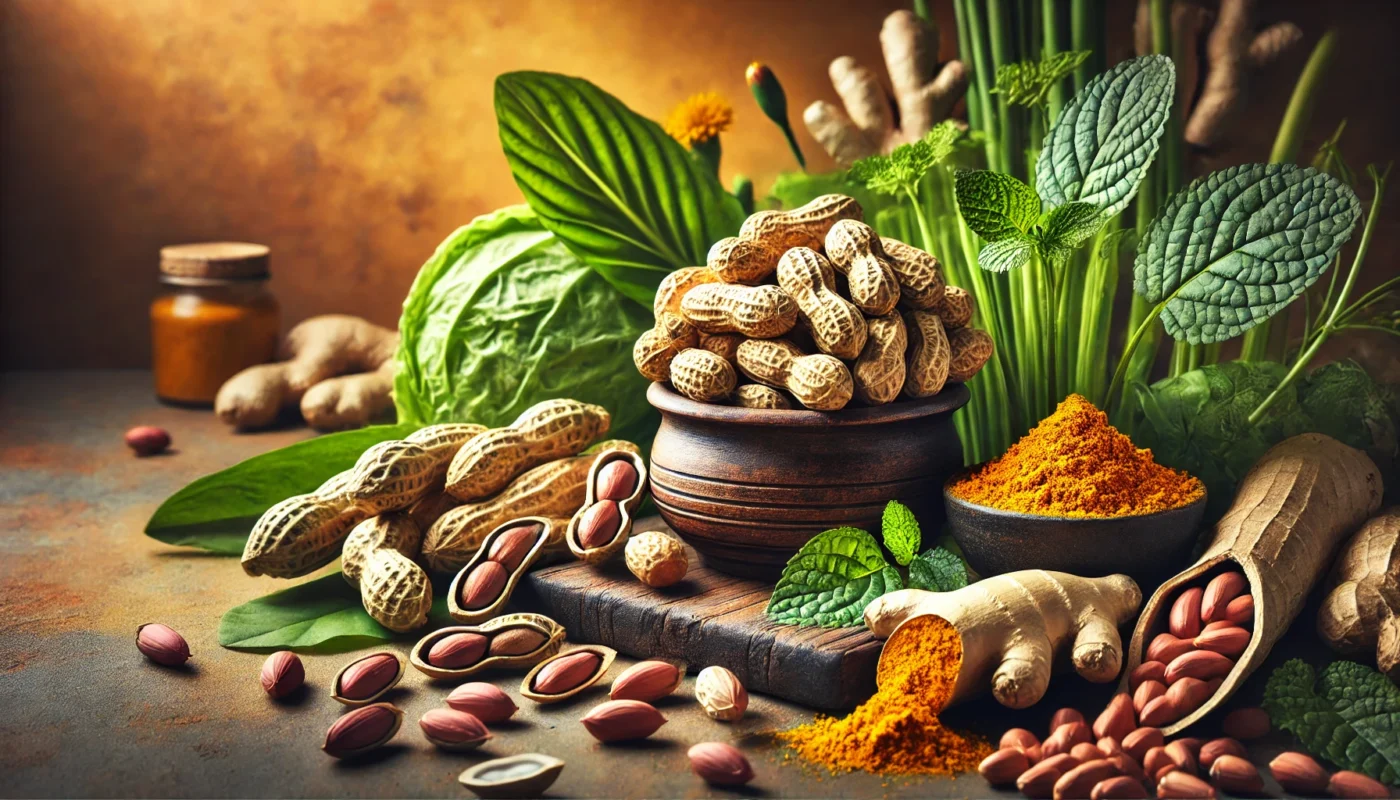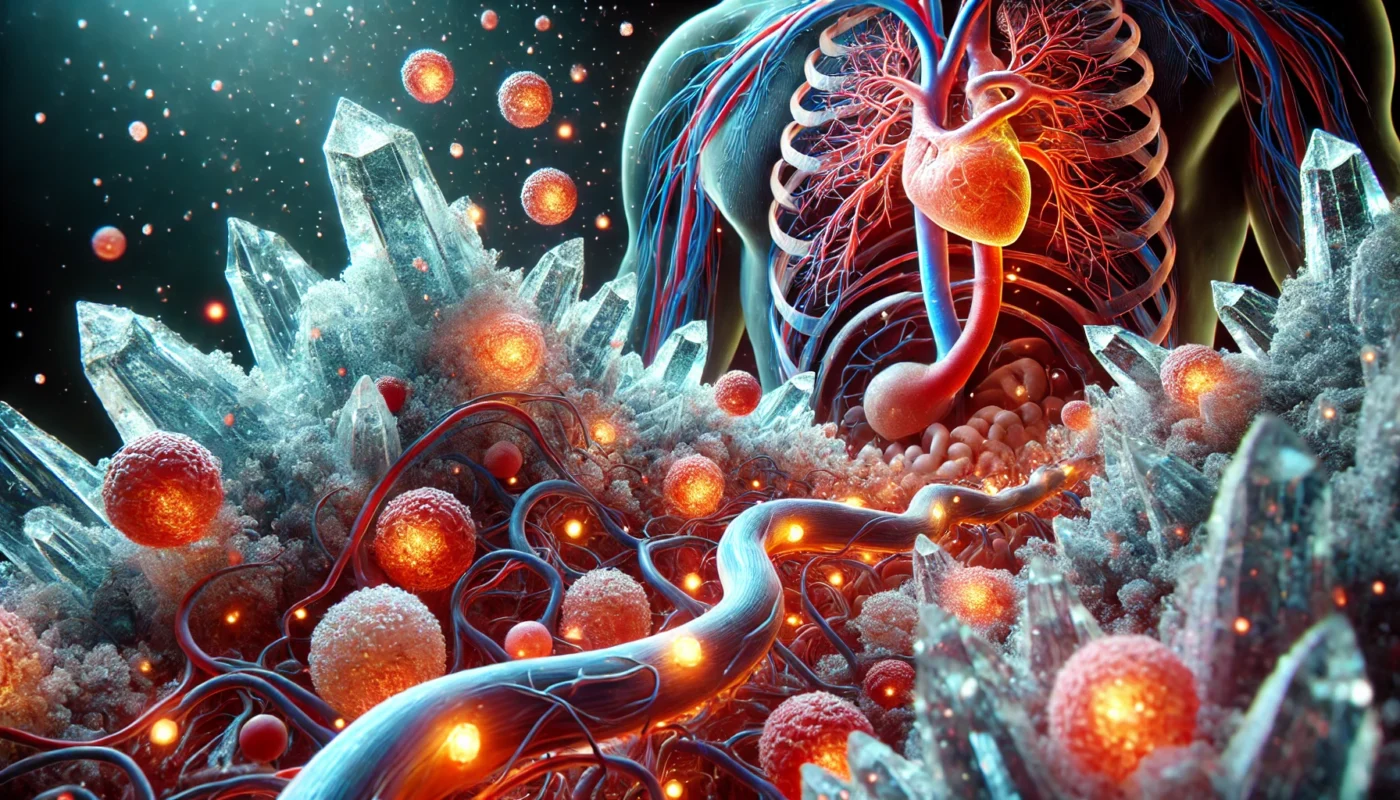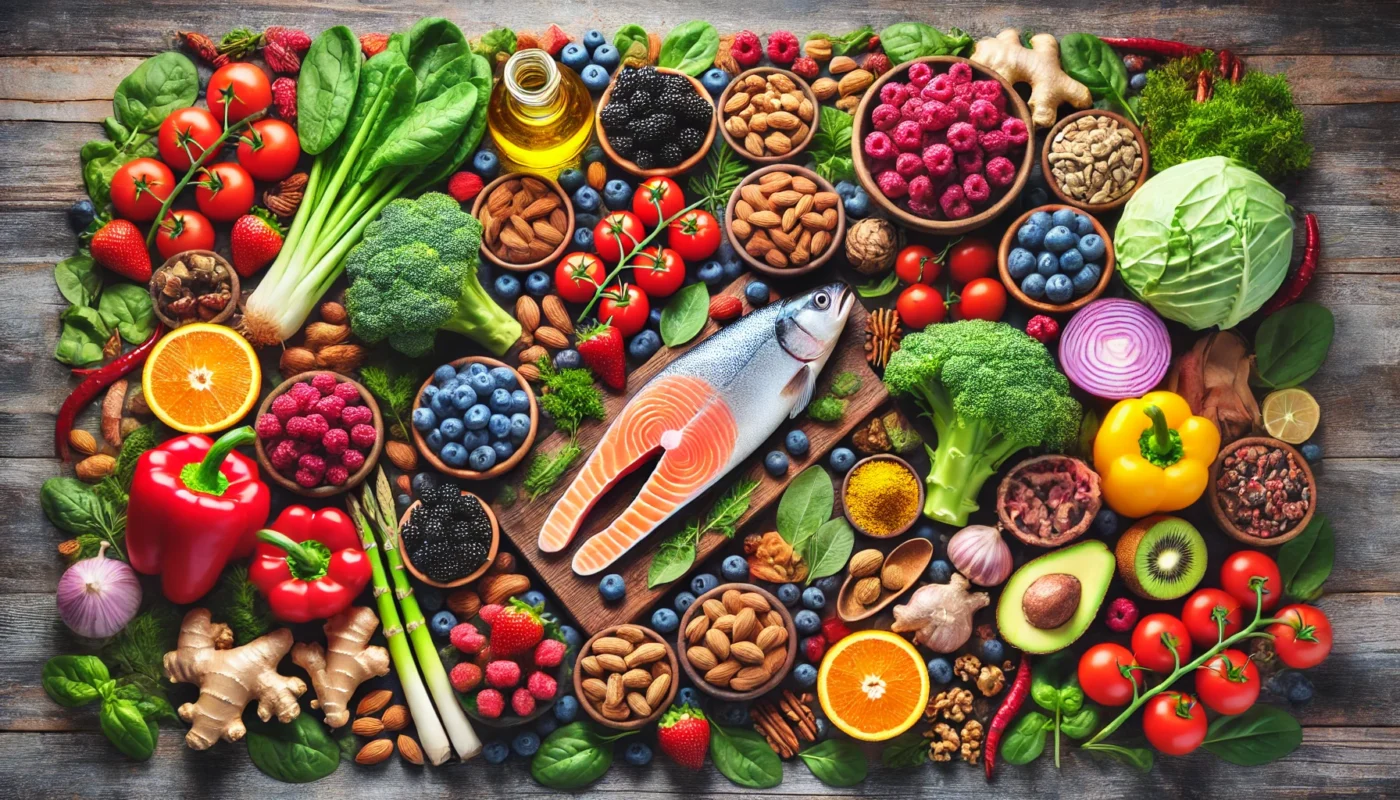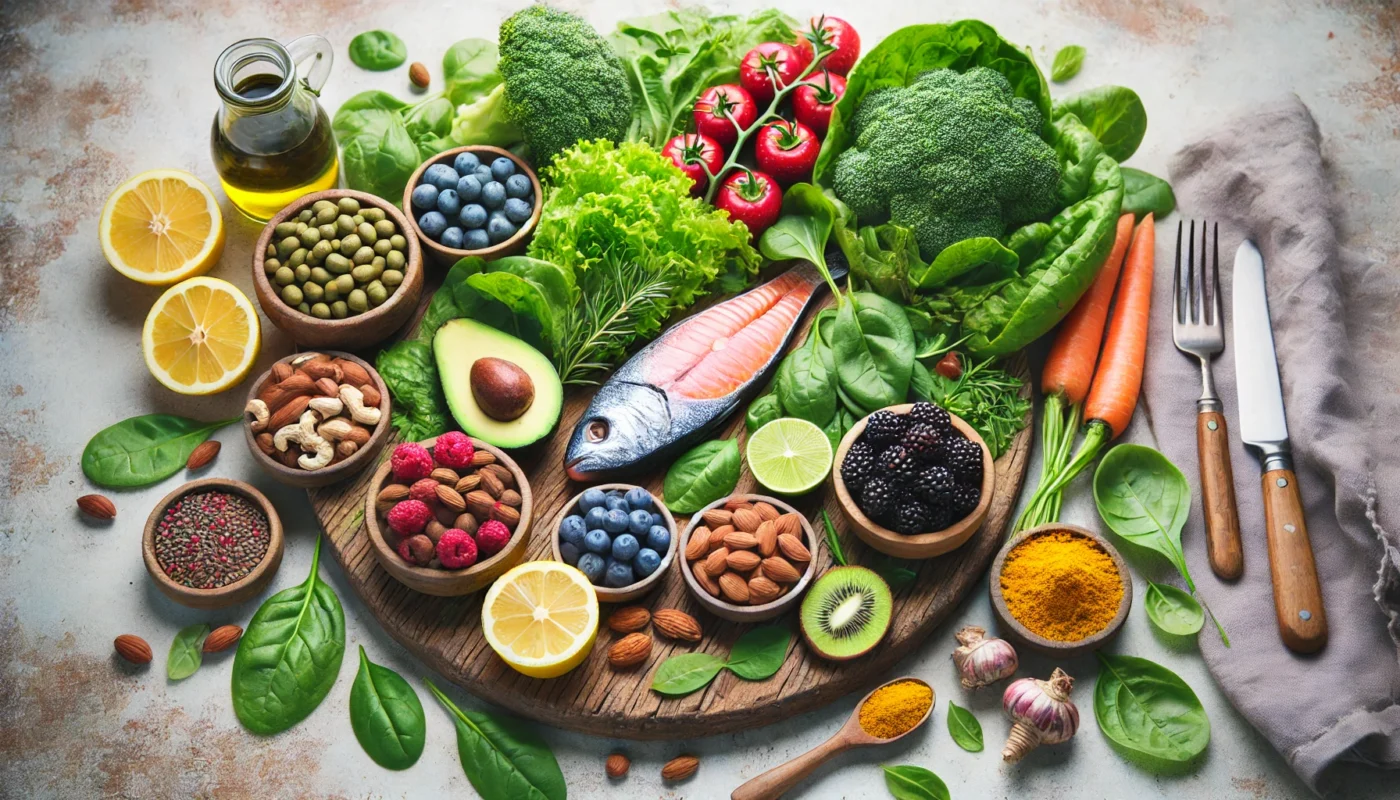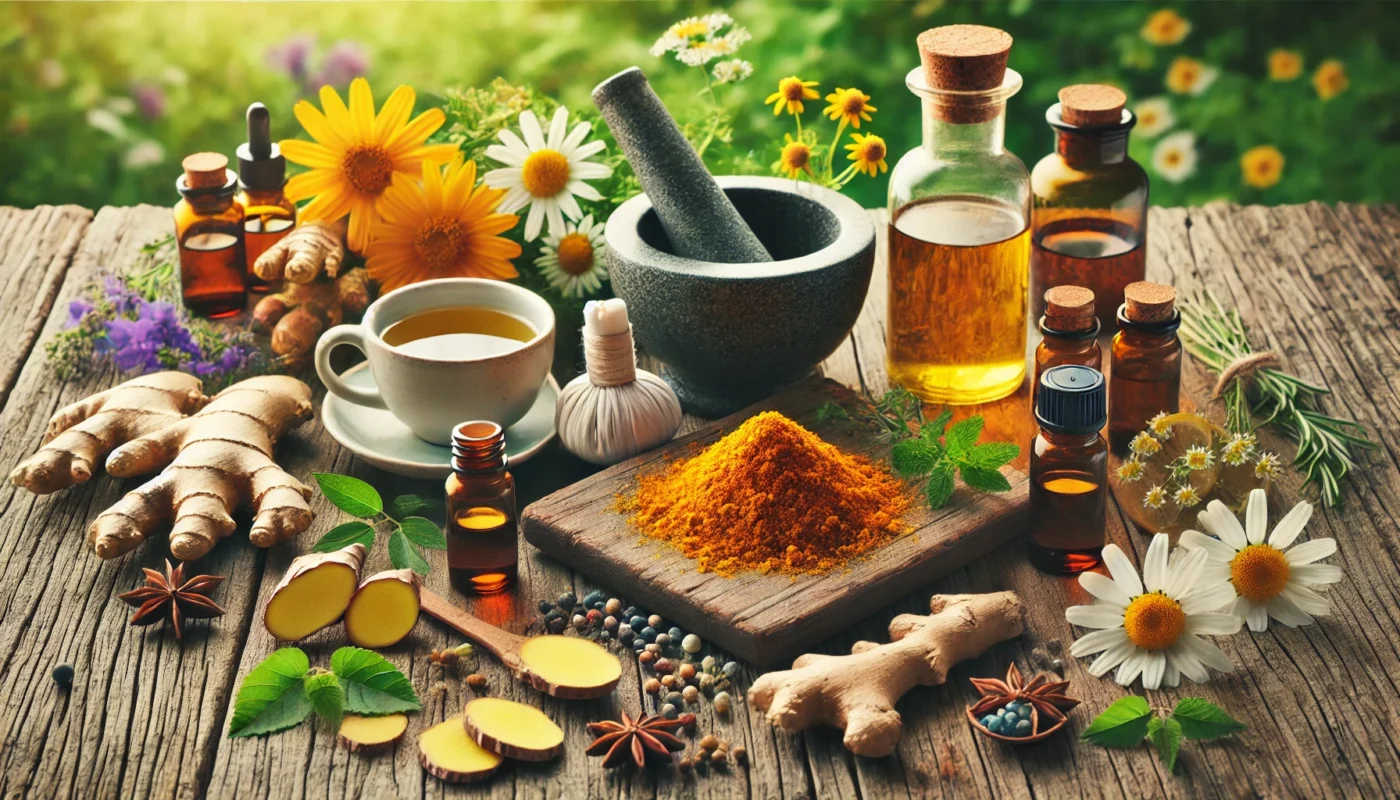Before diving into the specifics, it’s crucial to grasp the relationship between nuts and inflammation. Nuts are nutrient-dense foods packed with healthy fats, fiber, protein, vitamins, and minerals. While some might wonder, “are nuts inflammatory?” the answer largely depends on the type and quantity consumed. Generally, most nuts are beneficial in moderating inflammation due to their rich antioxidant content.
Tag Archives: Inflammation
In the realm of nutrition and wellness, the debate surrounding whether certain foods are inflammatory or anti-inflammatory often arises. Among these contentious foods are tomatoes and potatoes. Both are staples in many diets, yet they are frequently scrutinized for their potential inflammatory properties. So, do tomatoes and potatoes cause inflammation, or are they unfairly maligned? This article will explore the intricate relationship between these foods and inflammation, providing a comprehensive overview for those seeking clarity.
Inflammation is a natural and essential process that helps the body heal and fight off infections. When an injury or pathogen triggers this response, the immune system releases various chemicals to protect the affected area. These chemicals increase blood flow, causing redness, warmth, and swelling. While acute inflammation is beneficial, chronic inflammation can be detrimental, leading to various health issues, including hypertension.
In the quest for optimal health and well-being, understanding the role of diet in inflammation is paramount. Dairy products, especially yogurt, have been the subject of much debate regarding their effects on inflammation. In this article, we delve into the intricate relationship between yogurt and inflammation, and provide insights that will aid fitness enthusiasts, health aficionados, and medical patients in making informed dietary choices.
To comprehend oatmeal’s impact, we must first understand inflammation. Inflammation is the body’s natural response to injury or infection, a crucial part of healing. However, chronic inflammation is a different story. It can lead to various health problems, including heart disease, diabetes, and arthritis. Therefore, managing inflammation is vital for maintaining optimal health.
Inflammation is a response of the body’s immune system to injury or infection. While it is a natural and protective mechanism, chronic inflammation is linked to a multitude of health issues, including arthritis, heart disease, and even certain types of cancer. As such, managing inflammation is crucial for maintaining overall health and wellbeing. Surprisingly, peanuts, often underestimated in nutritional discussions, can play a significant role in combating inflammation.
Inflammation is a natural and essential part of the body’s immune response. It helps to fend off pathogens and repair tissue. However, when inflammation becomes chronic, it can contribute to a host of health issues, including arthritis, heart disease, and diabetes. Chronic inflammation is often described as a slow, silent burn that can lead to significant long-term damage.
Inflammation is a natural response of our immune system. It’s a protective mechanism that helps our bodies heal from injury and fight off harmful invaders. But when inflammation becomes chronic, it can lead to various health issues, from heart disease to arthritis.
Diet plays a crucial role in managing inflammation. Certain foods can trigger an inflammatory response, while others can help to reduce it. This article will explore the top 20 anti-inflammatory foods that can help you manage inflammation naturally.
In this comprehensive guide, we’ll delve into the principles of elimination diets, explore their benefits, and provide you with actionable steps to implement these dietary strategies effectively. From understanding the science behind inflammation to real-life success stories and common challenges, this guide will equip you with the knowledge and tools you need to embark on your own elimination diet journey with confidence.
In an era where the medical community is continuously exploring alternative approaches to health, herbal pain relief stands out as a viable option for those seeking to manage pain naturally. With a rich history spanning centuries, herbal remedies have been used across various cultures to alleviate pain, boost health, and improve overall wellbeing. This article delves into the benefits of herbal pain relief, offering insights and practical advice for those interested in natural remedies for pain.

